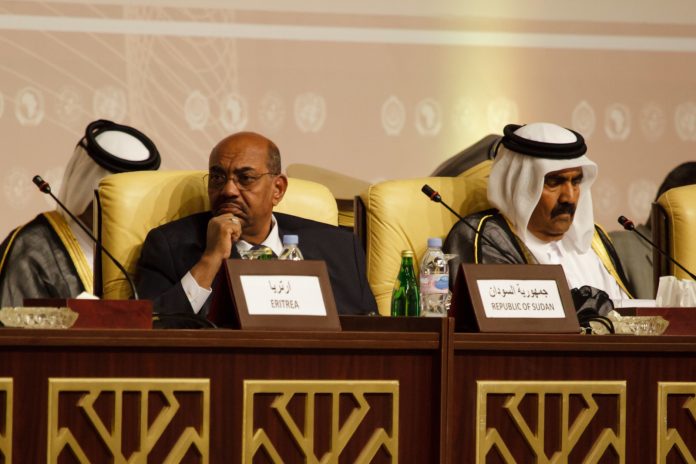Sudan earned a reputation as an oppressive, bloodthirsty nation under former president Omar al-Bashir. Even after his 2019 removal, Bashir remains a key part of the “new” Sudan’s future.
“We’re talking about probably the most brutal dictator in the lifetime of many of your listeners… over 300,000 people dying…over 2 million people being displaced, and all of that blood is on that guy’s hands,” World Mission’s Greg Kelley explains.
“For the process of healing to begin, Omar al-Bashir needs to be held accountable.”
As summarized here, Bashir squelched a 2003 rebel uprising in Darfur with excessive force. Arab militia known as the Janjaweed went on a villainous spree, killing between 300,000 and a half-million people and displacing more than two million more.
“God’s heart is…an expression of unity, of oneness [among nations], worshiping our Creator. The absolute opposite of that is genocide, ethnic cleansing; targeting people groups or nations,” Kelley explains.
“That’s what Omar al Bashir did, and the non-Arab population was his target. His agenda was complete annihilation and removal.”
Obliteration does not sufficiently describe Bashir’s intent.
“[He] was trying to systematically impose psychological warfare on the people that would stay with them for generations,” Kelley says. “He did it [in] some of the most atrocious ways imaginable… burning villages to the ground, killing men, raping women.”
More about the Darfur genocide here.
SOURCE: Mission Network News, Katey Hearth
All Content & Images are provided by the acknowledged source
